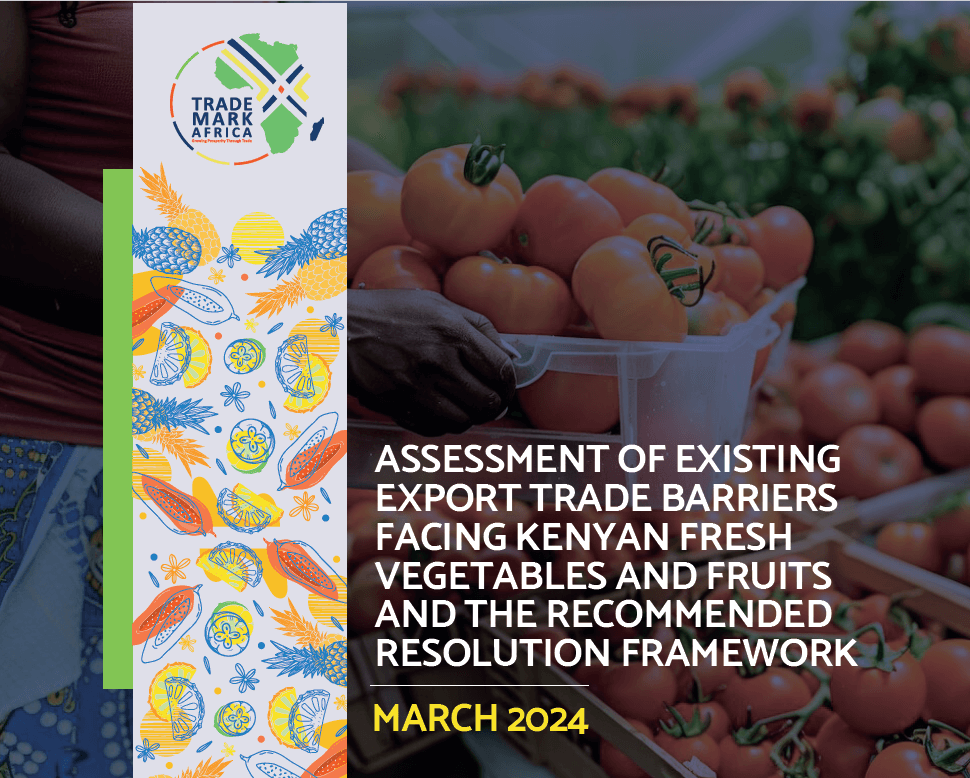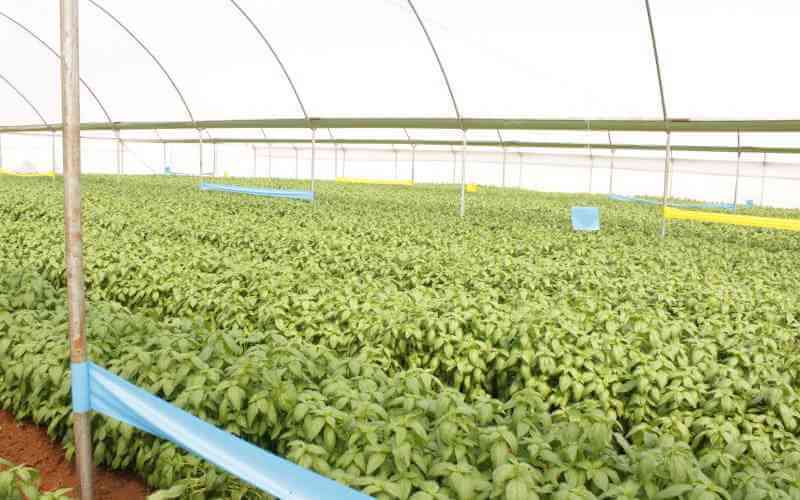Annick Dusengimana (centre) and other participants during the graduation ceremony Kigali, Rwanda – On 27 June 2025, thirty-five young Rwandans were certified as private meat inspectors after completing an intensive six-month training programme. This initiative was specifically designed to enhance food safety standards and create valuable employment opportunities within Rwanda's expanding meat industry. Their certification signifies a substantial advance in Rwanda’s efforts to modernise its food systems, while simultaneously addressing youth unemployment by providing practical, market-oriented skills. The programme was delivered by TradeMark Africa through its Value-Added Initiative to Boost Employment (VIBE) programme, in collaboration with the International Trade Centre (ITC), Mastercard Foundation, and the Rwanda Inspectorate, Competition and Consumer Protection Authority (RICA). Doreca Musenga, the VIBE Programme Manager, stated, “This programme is about creating fulfilling jobs for young people and strengthening a vital link in the country’s food supply chain. We are counting on these graduates to apply the knowledge acquired in the training in ways that protect consumers, support businesses, and ultimately fuel economic growth.” Previously, meat inspection in Rwanda was primarily carried out by public health officers whose capacity was often stretched thin. The introduction of these newly trained and certified private inspectors will complement the existing system, transforming how hygiene standards are enforced throughout the meat value chain—from slaughterhouses to butcheries. These inspectors will perform a crucial frontline role, ensuring that meat products are clean, safe, and adhere to both national and international regulations. This is anticipated not only to bolster consumer confidence in locally produced...
Rwanda’s newly minted private meat inspectors on the frontlines to boost food safety, create jobs for youth
Posted on: July 23, 2025
Posted on: July 23, 2025






















